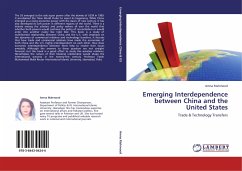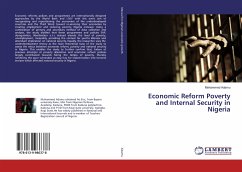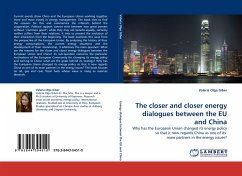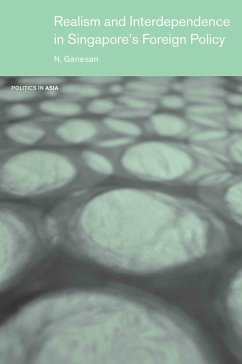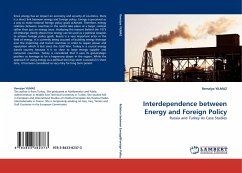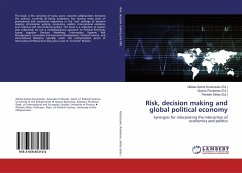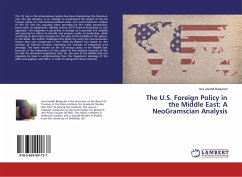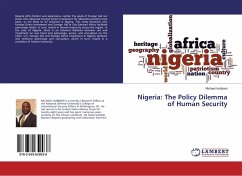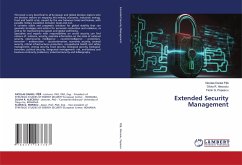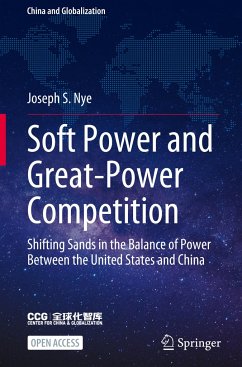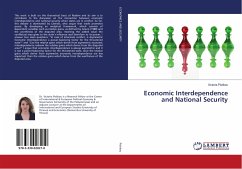
Economic Interdependence and National Security
Versandkostenfrei!
Versandfertig in 6-10 Tagen
53,99 €
inkl. MwSt.

PAYBACK Punkte
27 °P sammeln!
This work is built on the theoretical basis of Realism and its aim is to contribute to the discussion on the interaction between economic interdependence and national security when states are in conflict. So far, this debate is dominated by Liberals, who argue that trade promotes peace. By developing an analytical framework, which consists of dependent variables such as relative gains, as defined by Grieco (1988) and the worthiness of the disputed area, meaning the added value the conflictual area gives to the state's influence and therefore to its power, I answer two main questions: "In case ...
This work is built on the theoretical basis of Realism and its aim is to contribute to the discussion on the interaction between economic interdependence and national security when states are in conflict. So far, this debate is dominated by Liberals, who argue that trade promotes peace. By developing an analytical framework, which consists of dependent variables such as relative gains, as defined by Grieco (1988) and the worthiness of the disputed area, meaning the added value the conflictual area gives to the state's influence and therefore to its power, I answer two main questions: "In case of interstate conflict, is Asymmetric Economic Interdependence a power-balancing factor for the threatened state?" and "Can the relative gains which derive from asymmetric economic interdependence redeem the relative gains which derive from the disputed area?" I argue that economic interdependence is always asymmetric and it is not a power-balancing factor for the threatened state, since therelative gains which derive from asymmetric economic interdependence are less important than the relative gains which derive from the worthiness of the disputed area.



